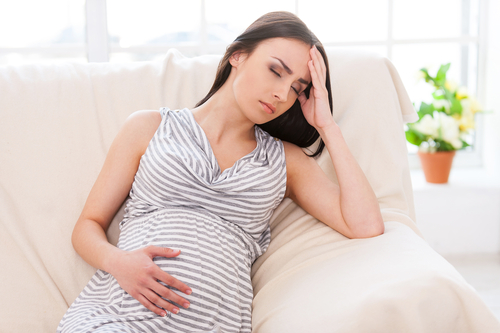Panel Recommends Depression Screening For Pregnant and Postpartum Women

Depression is a very real and prevalent problem for millions of adults, and an influential panel of experts recently recommended depression screening specifically for women who are expecting. Dr. David Ghozland, who has a Los Angeles-based obstetrics practice, notes that the findings show that screening for depression can ultimately help reduce or stop depression and postpartum depression symptoms for both pregnant women and those who have recently given birth.
After reviewing previous studies, the panel concluded waiting for patients to ask for help with depression likely disregards a significant number of women who are depressed and in need of treatment. The panel recommendation is all encompassing and states that everyone age 18 or older should be screened for depression. It also outlines the need for appropriate protocols to ensure accurate diagnosis and effective treatment plans.
Recognizing that this kind of broad recommendation could encounter some logistical hurdles, the panel also recommends that screening be tailored to individual circumstances so that screenings could be done in the primary care or obstetrics setting. Making the process as simple as possible could mean that more women will take advantage of screening for postpartum depression.
The panel also states that should a patients test positive for pregnancy-related depression, there are numerous treatment options, including:
- Medication
- Psychotherapy
- Cognitive behavioral therapy (CBT)
The panel’s evidence review highlighted additional studies that show CBT is especially effective for treating depression in pregnant and post-partum women.
Other organizations like the American Academy of Pediatrics and also supports the idea of depression screening for pregnant and postpartum women.
In his Los Angeles obstetrics practice, Dr. Ghozland sees women on a regular basis who may be at risk of developing depressions symptoms either before, during or after giving birth. Screening can help reduce the risk of depression symptoms and minimize the effects this widespread problem can have on the mother and her child.
